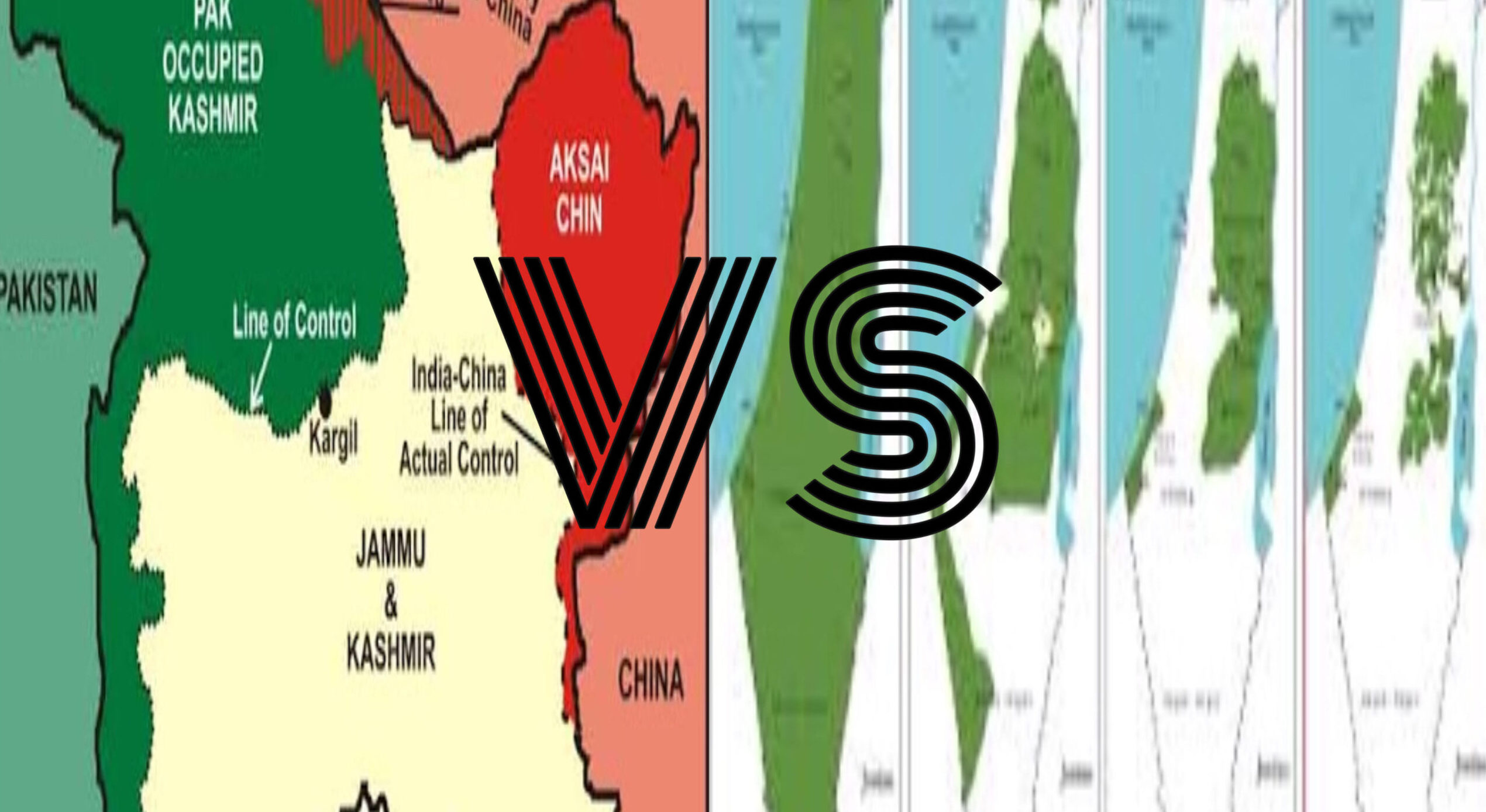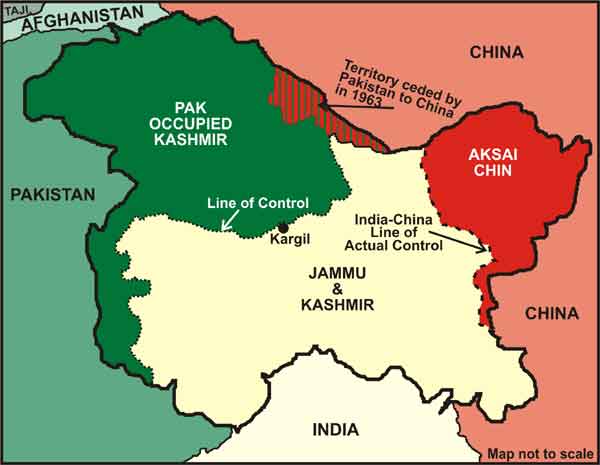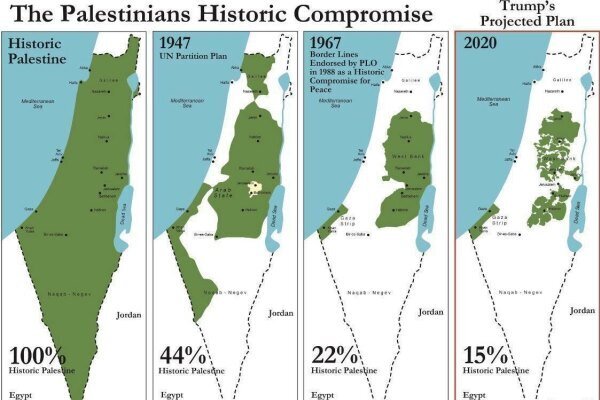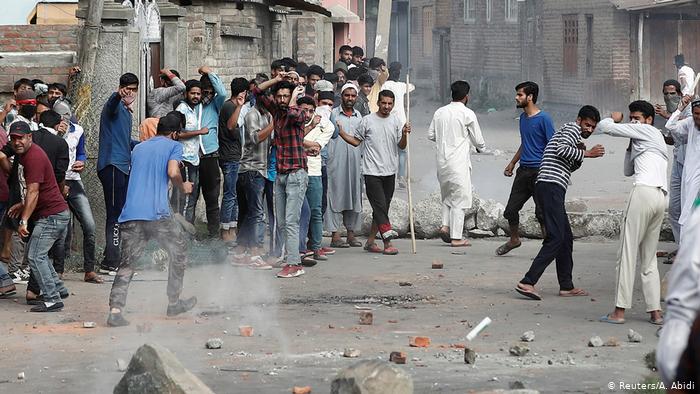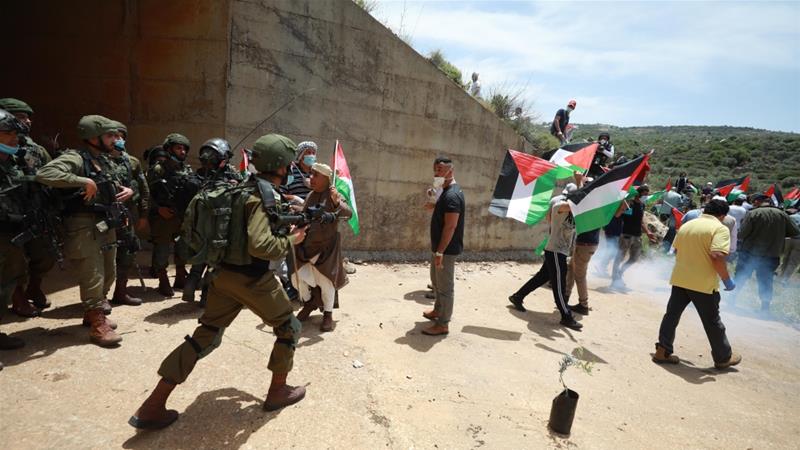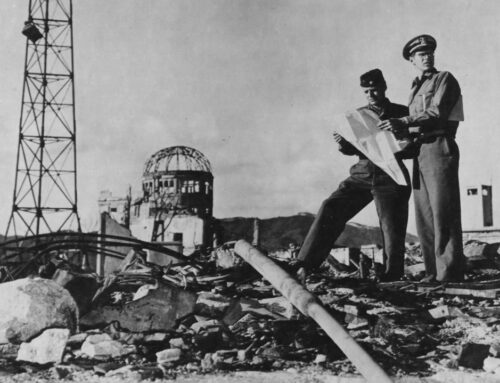Historical background
The origin of the Kashmir dispute or conflict related to the independence of India and Pakistan from the British Colonization in 1947. This independence brought consequences that led to the creation and continuation of Indian and Pakistani dispute over Kashmir. According to Kelly Buchanan, “The process of partitioning British India was governed by the 1947 Indian Independence Act, section 7(1)(b) of the Act provided that “suzerainty of His Majesty” over these states had lapsed and its powers had been returned to them”. The concept of the two-nation theory appeared by the Muslim League, it related to the idea that Muslims and Hindu are different people who can’t live together, so there was Pakistan as a state for Muslims and India as a state for Hindu.
Even though, Kashmir was a distinct state because it has a Muslim majority but it was ruled by Hari Singh a Hindu ruler. This led Pakistan in 1947 to sent tribal raiders to enforce annex Kashmir. As a result, the ruler of Kashmir sent SOS to Delhi to ask for military support and protection, Delhi ruler accepted to help if the Kashmir ruler signs the instrument of accession. The instrument had been signed and the Delhi ruler sent Indian troops to Kashmir, this led to the explosion of the first war between India and Pakistan.
This has consequences on Kashmir, first; the United Nation security council resolution 47 (1948):” (1) Pakistan has to withdraw all its troops from Kashmir, India has to do the same thing while keep having some solders on the borders to protect the Indian territory, and (3) people of Kashmir has the full right of choosing to be part of India, Pakistan, or be an independent state”.
Unfortunately, troops didn’t withdraw and referendum didn’t happen, and a cease-fire line constructed, it spirited Kashmir into two divisions, one under Indian administration while another under Pakistani administration. This didn’t end the war continue over Kashmir, Pakistan and India fight in 1965, and fight in other wars in 1971, and the third one in 1991.
Another important point in the history of Kashmir is article 370 in the Indian constitution. The article came into force in 1949, and impose the Kashmir’s special status that gave Kashmir a kind of autonomy, it allows to Kashmir to write its constitution, which is different from the Indian constitution. While Kashmir still under Indian administration in the issues of defense and communication. The provision of article 370 extended to article 35 that introduced by presidential order on 1954, article 35 limits and put restrictions on the non permanent and foreign residence of Kashmir to restrict their possibility of having a property on Kashmir, all of this aim to support the autonomy of Kashmir and its permanent and indigenous citizens. Currently, On 5 August 2019, the Indian government decides to abolish article 370 and end the special status of Kashmir, this means stripping the limited autonomy from Kashmir.
Kashmir and Palestine similar struggles.
Palestine against Israel occupation and Kashmir against Indian and Pakistani occupations are examples of occupied territories that had been known for their long historical unfinished struggle with their occupations.
Mainly, Kashmir and Palestine have a similar historical beginning of their dispute. Palestinian history with Israel as a settler-colonial occupation went back to the British colonization of Palestine, British declared Belfour declaration on 1917, this declaration established the idea of creating a new state in Palestine for Jews and brought with it the project of Israel occupation. Moreover, In 1947 the United Nations approved a plan for the partition of Palestine into a Jewish and an Arab state. Jerusalem was to be internationalized, the Jews accepted the plan but the Arabs did not, Israel was declared as an independent state on May 14th, 1948. This indicates British colonization as the main start point for both the occupation of Palestine and Kashmir, and it also clarified the territorial partition plans that had been existed in both contexts.
- This map is showing the partition of Kashmir territory because of the dispute between the Indian and Pakistani forces on Kashmir.
- This is a clarification of the partition and changes in the Palestinian territory as a result of the occupation since 1947 until the 2019 deal of century.
Kashmir was able to establish its constitution, Kashmir’s constitution had been officially adopted by the constituent assembly on November 17, 1956. On the other side, Palestine has semi constitutional document called Basic law, it was established in 2002 by the Palestinian legislative council, and signed by Yasser Arafat the previous president of Palestine. Although, both Palestine and Kashmir were and still unable to have absolute autonomy, Kashmir was subjected to Indian laws in what relates to defense and communication, while Palestine was dominated by Israeli control; Hiba I. Husseini[1] gave an example about how Israel’s civil administration didn’t dissolve under the Interim Agreement[2], she said:” Article(1) of Interim agreement states: Israel shall continue to exercise power and responsibilities not so transferred”(P.707). this means that the powers of Israel still residual even of the various agreements that ask for giving power to the Palestinian council. This reflects that PA(Palestinian Authority) power was and still restricted because of the existence of Israel as a dominant party in the peace process, and the Israelis domination was a clear obstacle of having Palestinian independent states.
This limited autonomy for both Palestine and Kashmir influenced the Palestinians and Kashmir’s’ right of self-determination. Nationalism and Human Rights In Theory and Practice in the Middle East book mentioned:” the “right to decide” that Margalit and Raz defend as necessary for the “culture and self-respect” of encompassing groups is the right to decide about the legitimacy of boundaries and sovereignty: “[The] importance [of encompassing groups] makes it reasonable to let the encompassing group that forms a substantial majority in a territory have the right to determine whether that territory shall form an independent state to protect the culture and self- respect of the group”(P.101). According to this Kashmirs self-determination right is threatened by the foundation of an occupational dispute over the territory of Kashmir, and the threat increased with the Indian president decision of revoking article 370, revoking this article and not allowing people of Kashmir to have a referendum to choose the fate of Kashmir’s political status means losing the right of self-determination. The similar case with the Palestinians, they are losing their right of self-determination by the Israelis occupation foundation.
- This picture taken from Deutsche Welle; it shows People in India-administered Kashmir have once again taken to the streets to protest against New Delhi’s decision to scrap the state’s special status.And how the Security forces used tear gas against
- This picture is from Al Jazera website. It reveals the demonstrators were also commemorating 72 years since the Nakba, or catastrophe, which marks the day hundreds of thousands of Palestinians were ethnically cleansed from their homes by Zionist paramilitaries [Issam Rimawi/Anadolu]
The last point is about terrorism. Both Kashmir and Palestine were and still subjected to terrorist laws and policies of their occupying. For example, Armed Forces Special Power Act 1990 in the Indian law, according to Abdul Majid and Mahboob Hussain[3]:” the act gives authority’s power to declare state to be a disturbed area and to authorities the use of the armed forces in aid of the civil power. This provision provides the basis for the military to suppress legitimate political activity. Non-commissioned officers can authorize the use of lethal force in circumstances which include contravention of any law prohibiting the assembly of five or more persons or the carrying of things capable of being used as weapons” (P155). The same policy and law are imposed by Israelis occupation upon Palestinian, any peaceful protest is being faced with soldiers who are shooting Palestinians protesters and threatening the Palestinian right of life. As a result, both India and Israeli policies are violating article 6[4] of the covenant on political and civil rights.
Work cited
- Hiba I. Husseini, Challenges and Reforms in the Palestinian Authority, Fordham International Law Journal, 2002, https://ir.lawnet.fordham.edu/cgi/viewcontent.cgi?article=1877&context=ilj
[1] Ms. Husseini chairs the Legal Committee to Final Status Negotiations between the Palestinians and Israelis. She has served as legal advisor to the peace process negotiations since 1994.
[2] Oslo 2. It was between Palestinian and Israelis, it gave Palestinian temporary self-government on the Palestinian territories without recognizing Palestine as an independent state.
[3] University of the Punjab, Lahore
[4] Article 6 prohibiting the derogation of people right to life, even in the emergency cases


